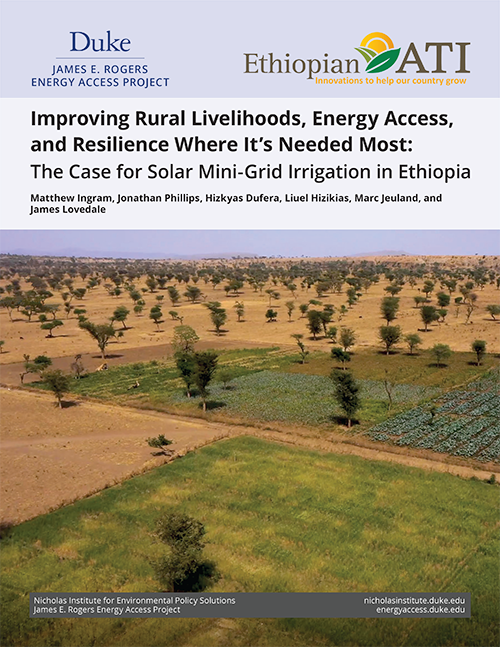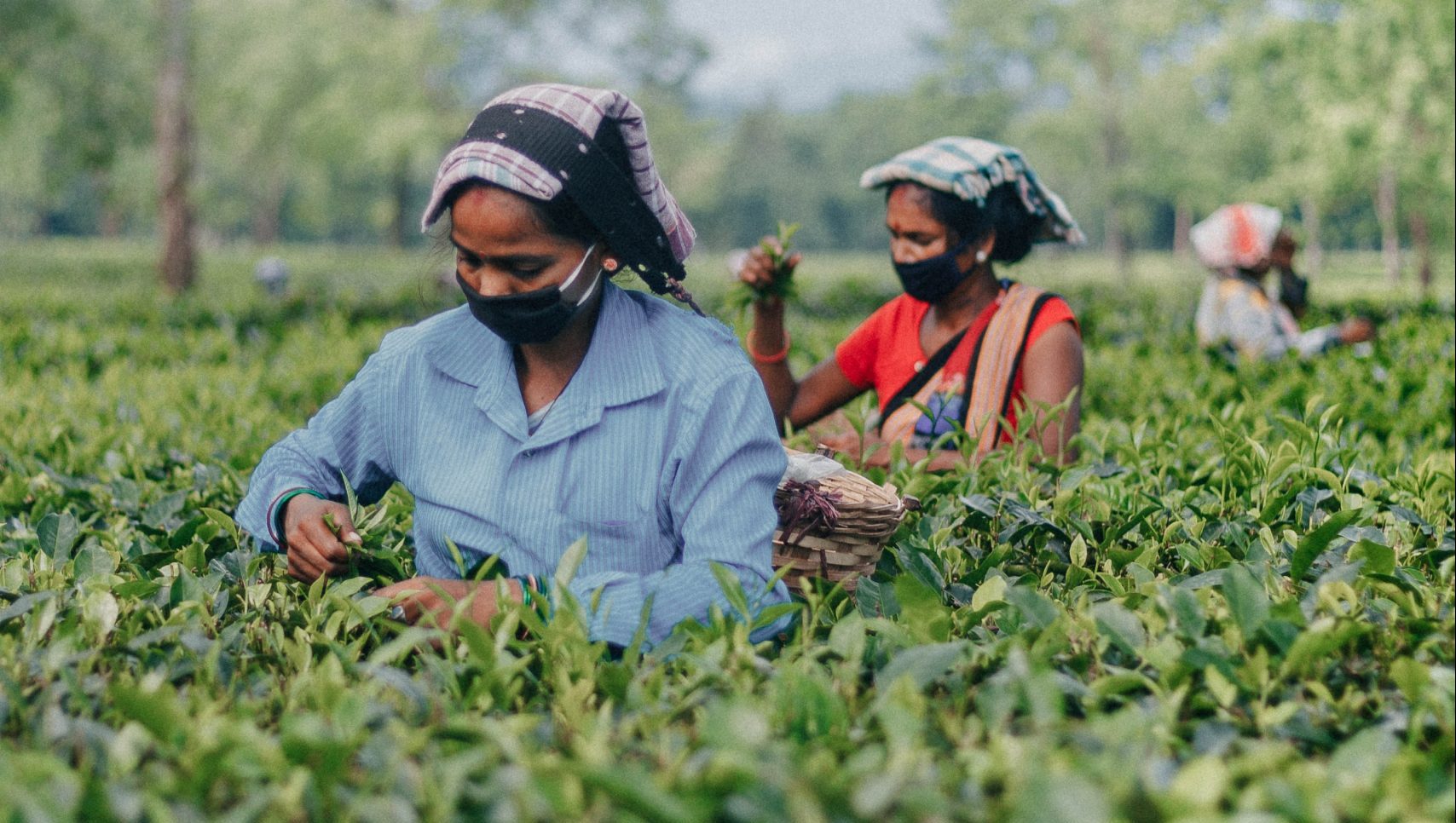
Powering Productivity and Healthy Communities
At least two billion people have access to energy sufficient to light their homes and charge their cell phones, but live without the reliable, higher quality power needed to support industry, commerce, and modern health systems. People in these communities face reduced economic mobility and human capital development opportunities. The health, ecological, and financial burdens that come with increased reliance on diesel generators and highly polluting household fuels—common substitutes for clean, modern, reliable energy systems—are a major drag on development and well-being. COVID-19 and climate change are illustrating the linkage between modern, reliable energy access and the ability of nations to respond to crisis.
Modern energy systems can act as a force multiplier in many cases, by enhancing resilience and facilitating investments in education, workforce development, health, and agriculture, all of which contribute to development. Today, EAP is helping countries understand those relationships better, to enhance the targeting and effectiveness of these costly infrastructure investments. We are building the evidence-base and developing the policy road maps to support the realization of their energy productivity and economic development goals.
We are demonstrating how differences in the type of energy access—grid, off-grid, different cooking technologies—under different reliability scenarios and in different settings translate into benefits for households and societies. We are discovering how households adapt to systematic outages, and how power costs and efficiency programs impact business productivity. We are revealing the difference that energy makes in a time of crises and the importance of building back cleaner and stronger.







